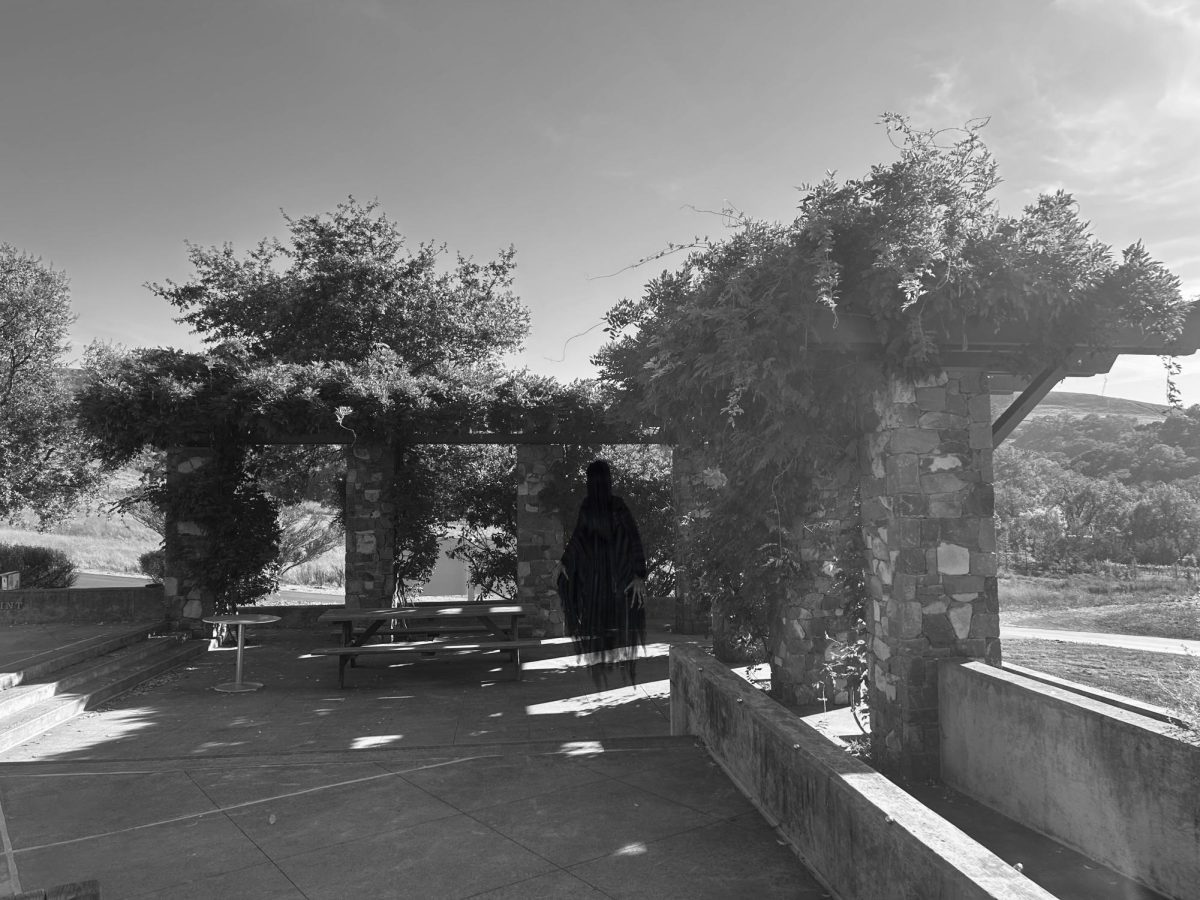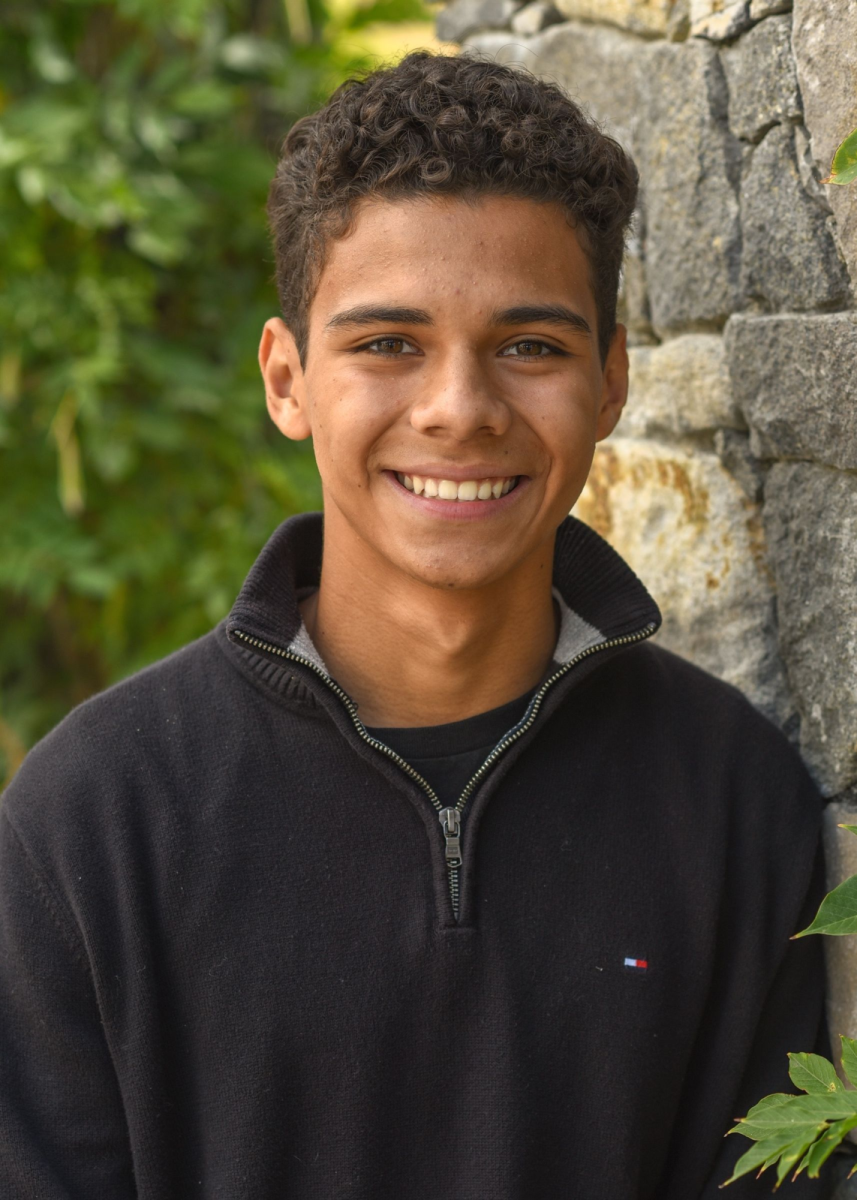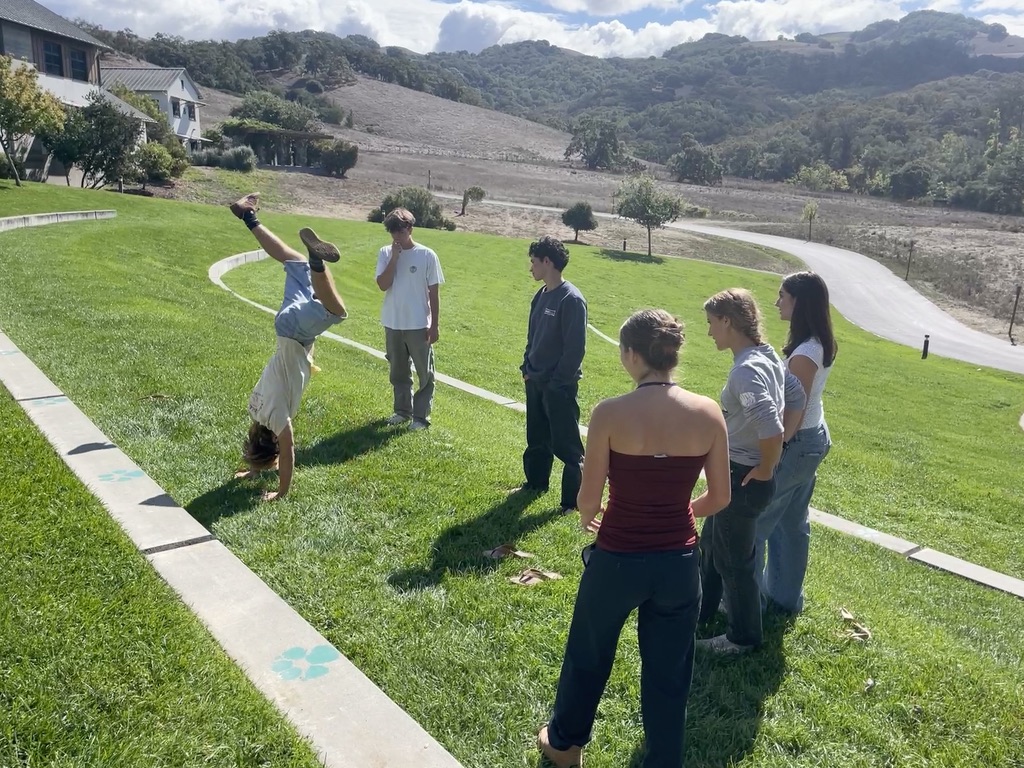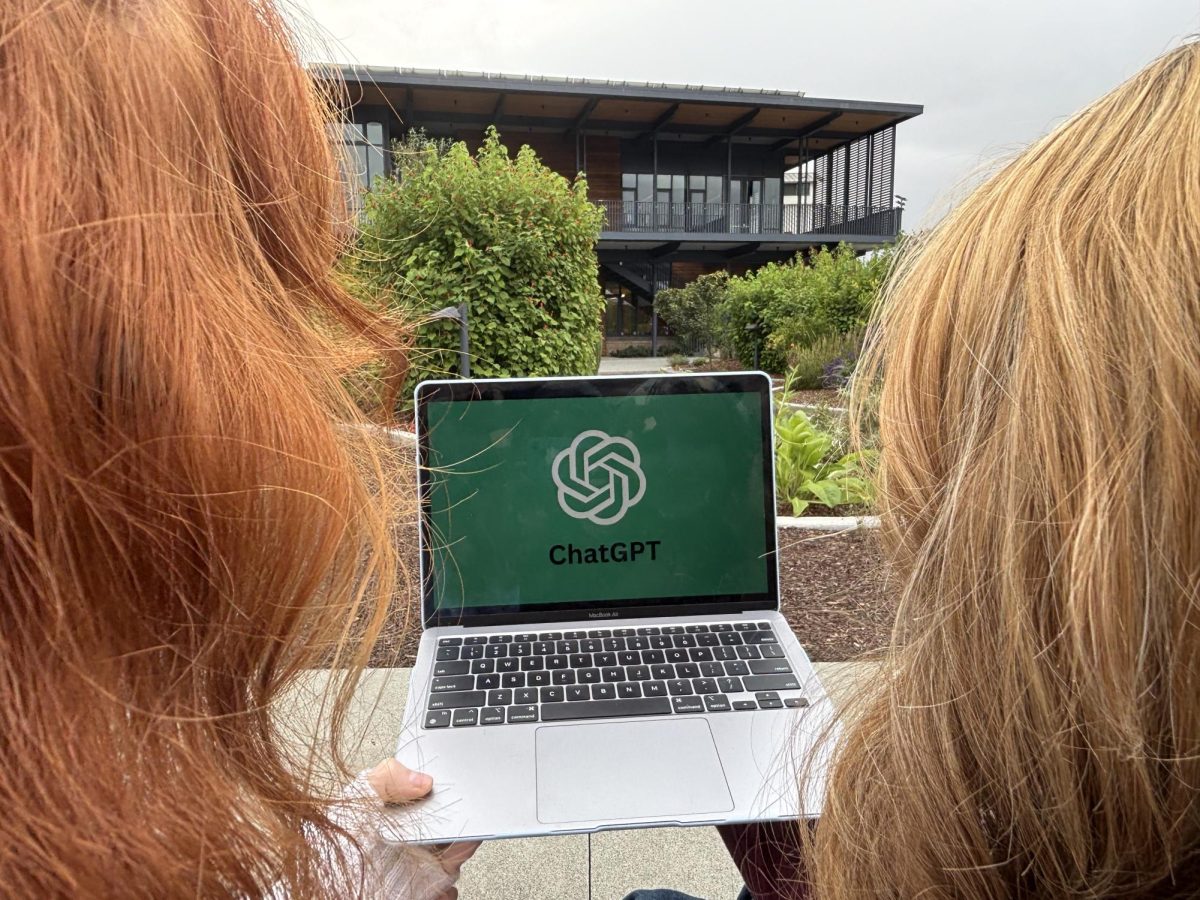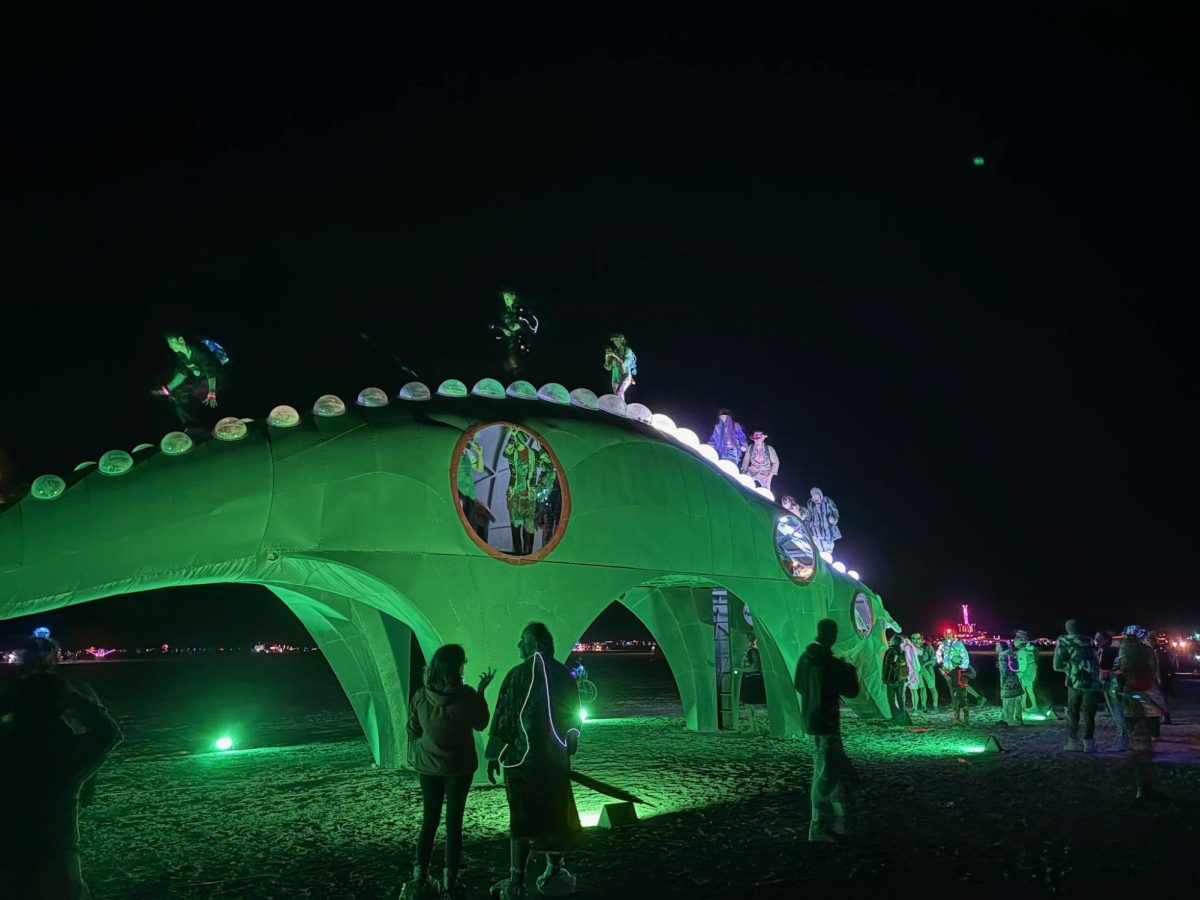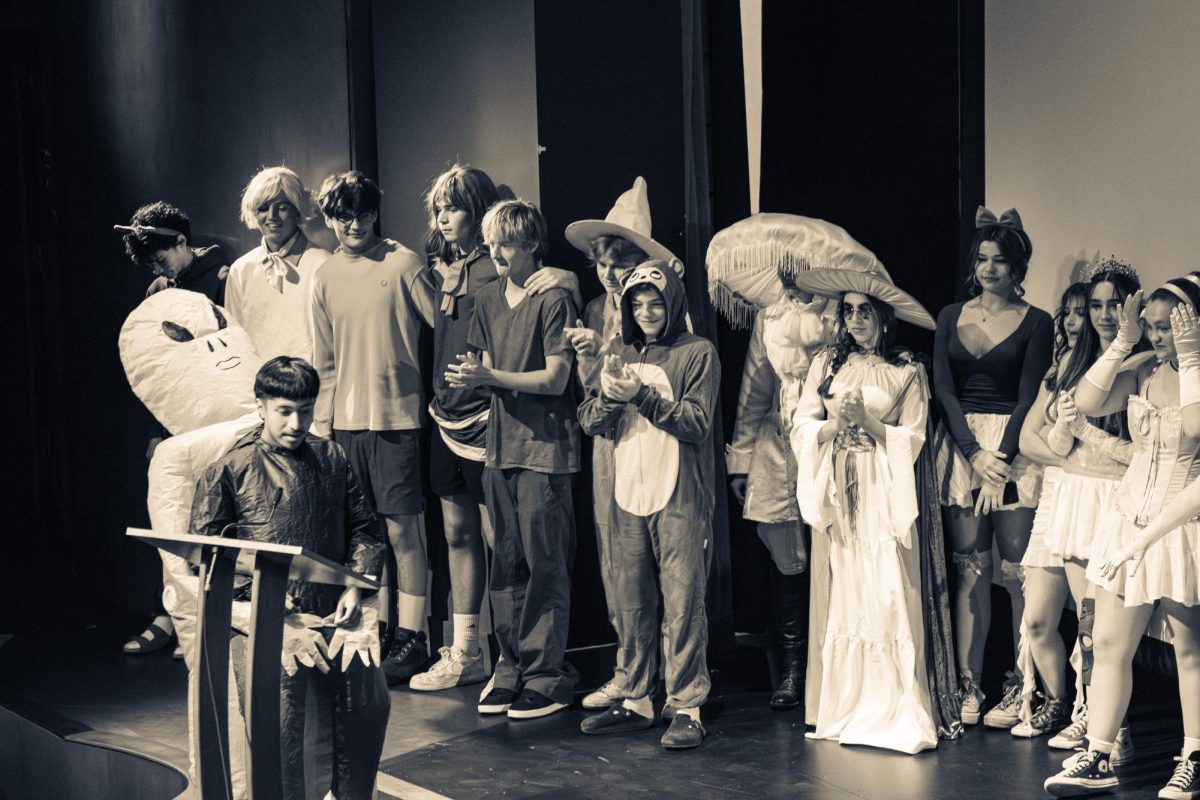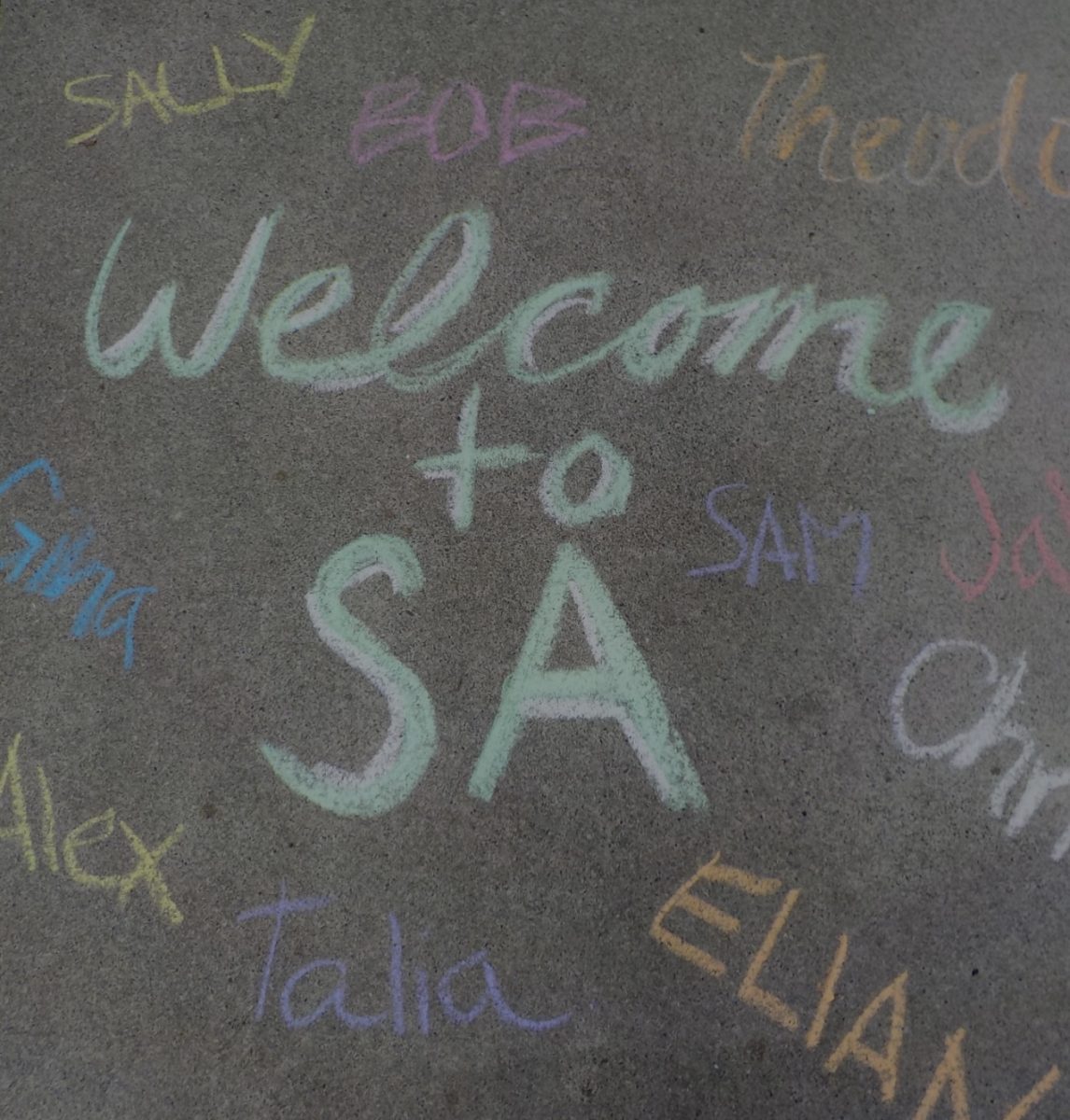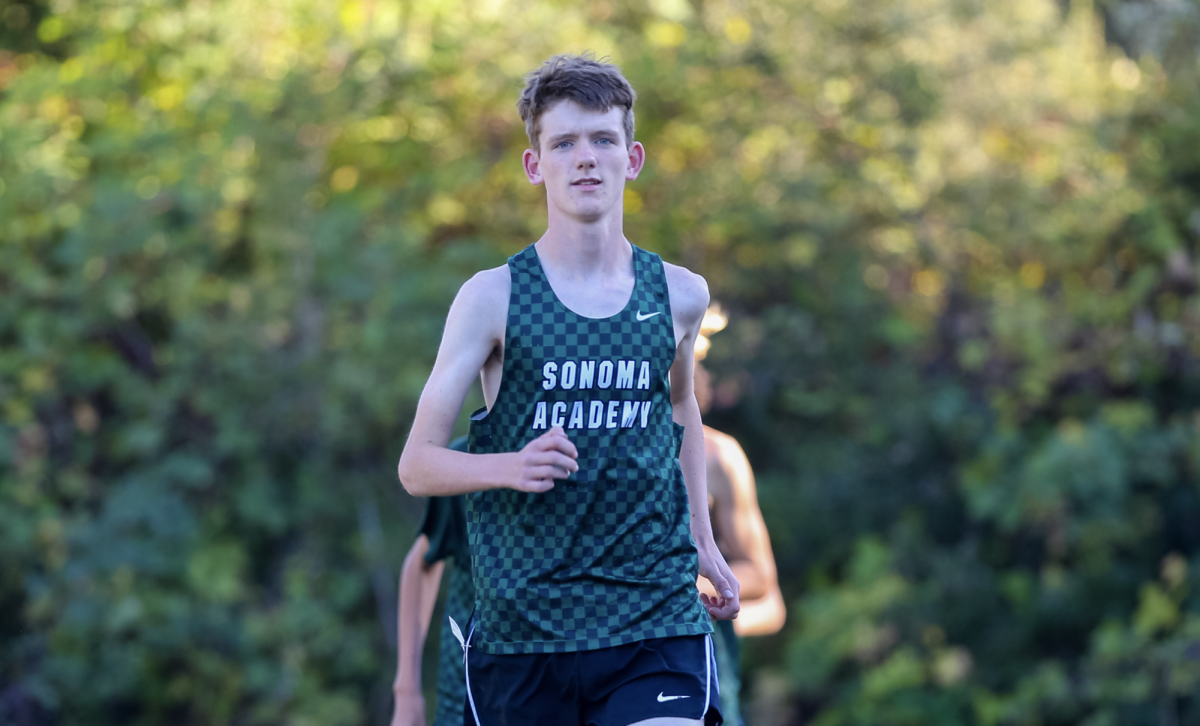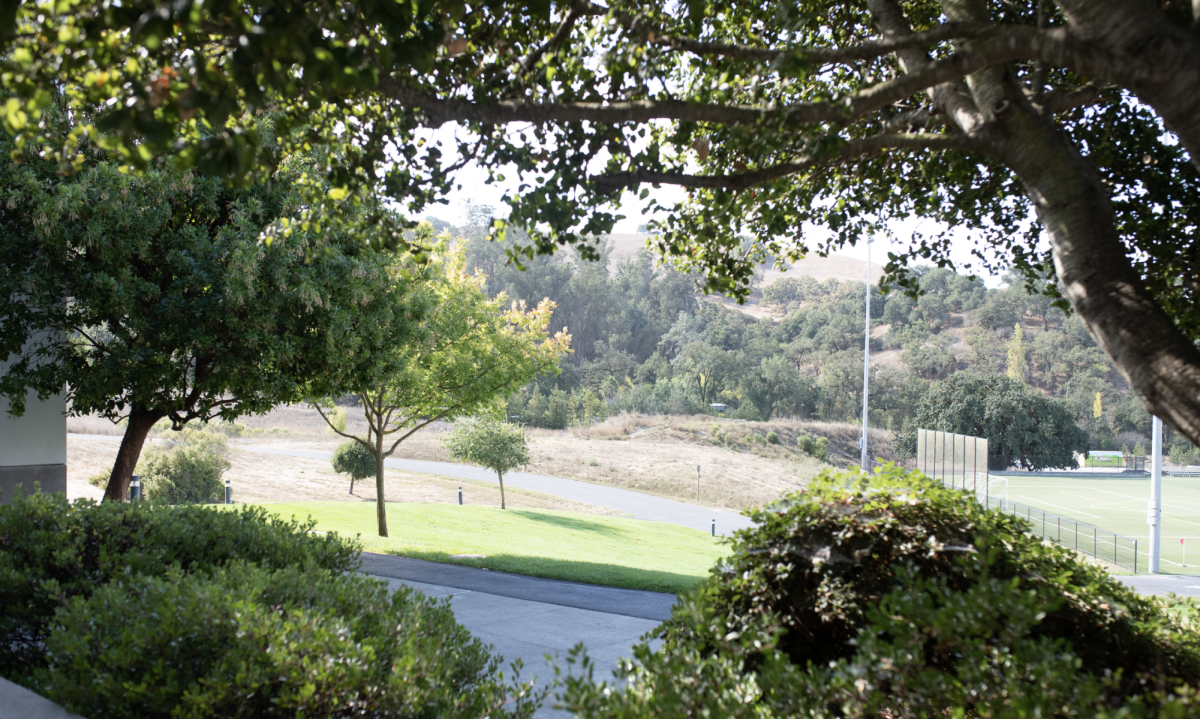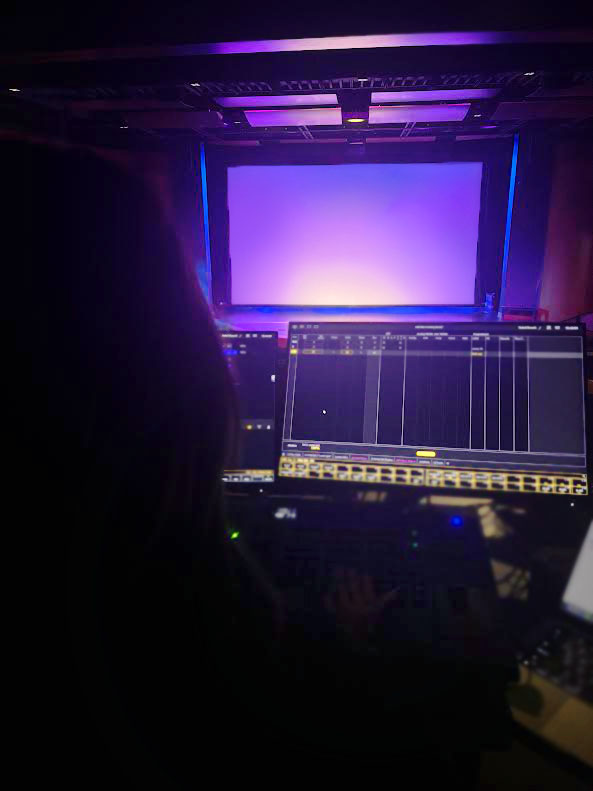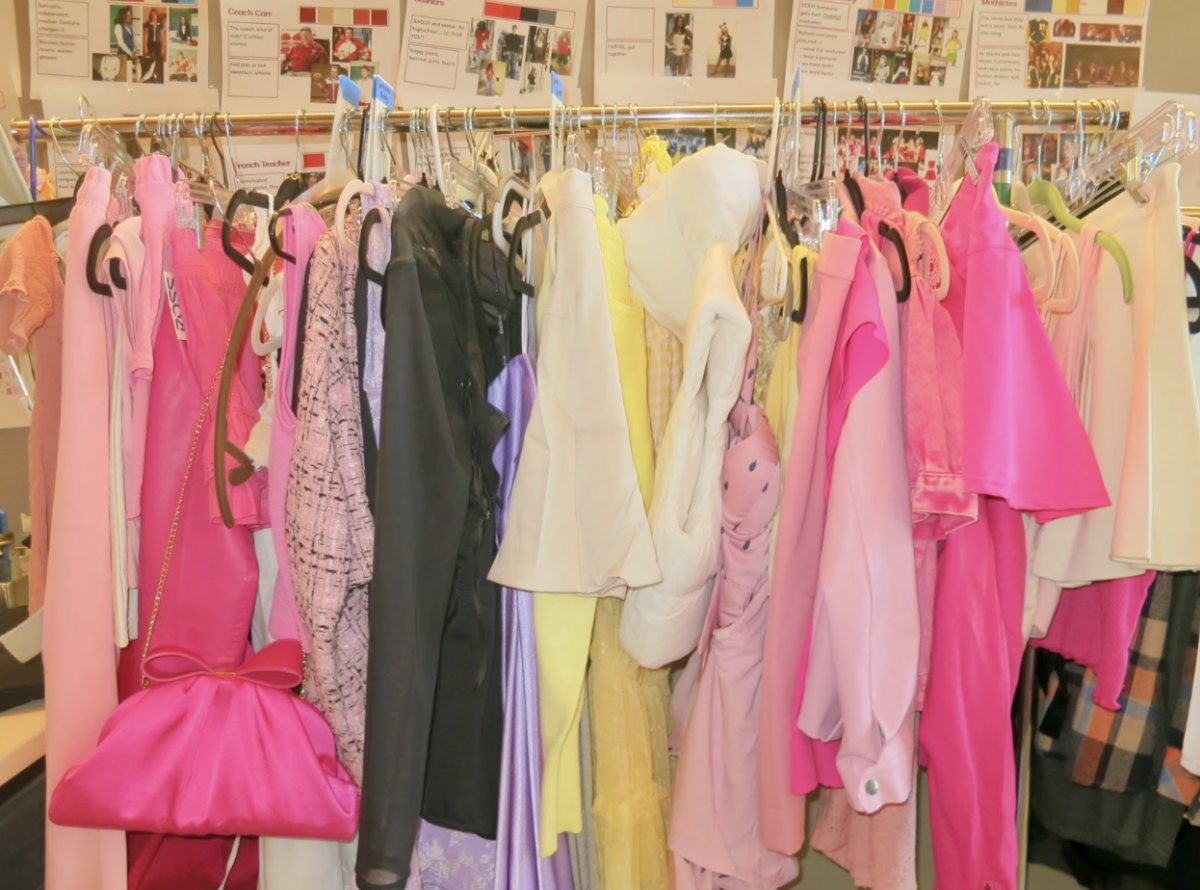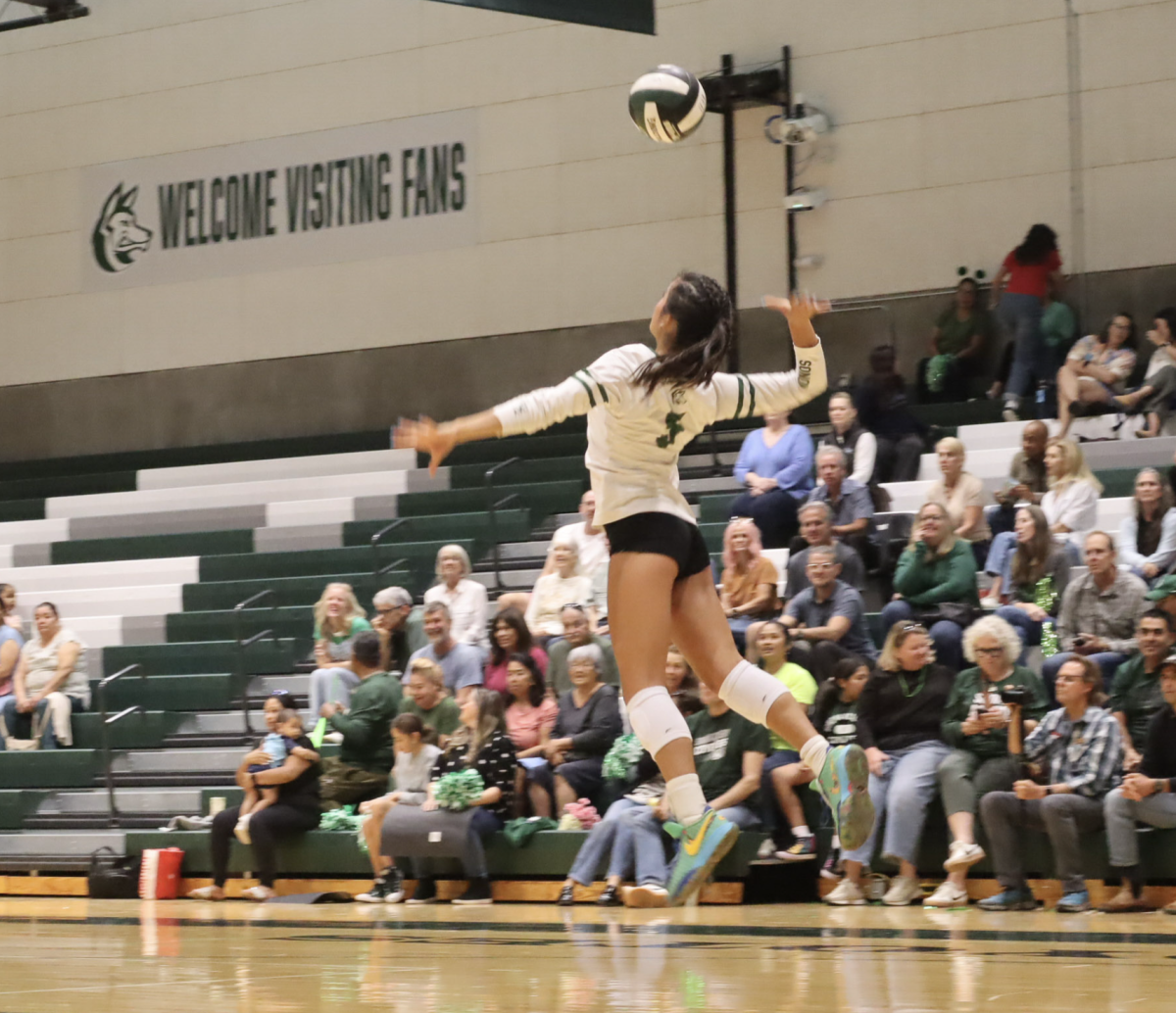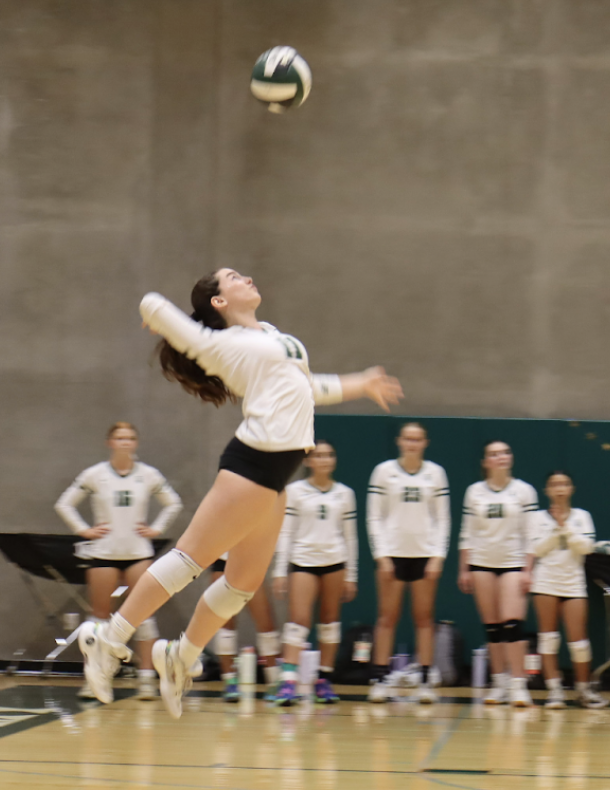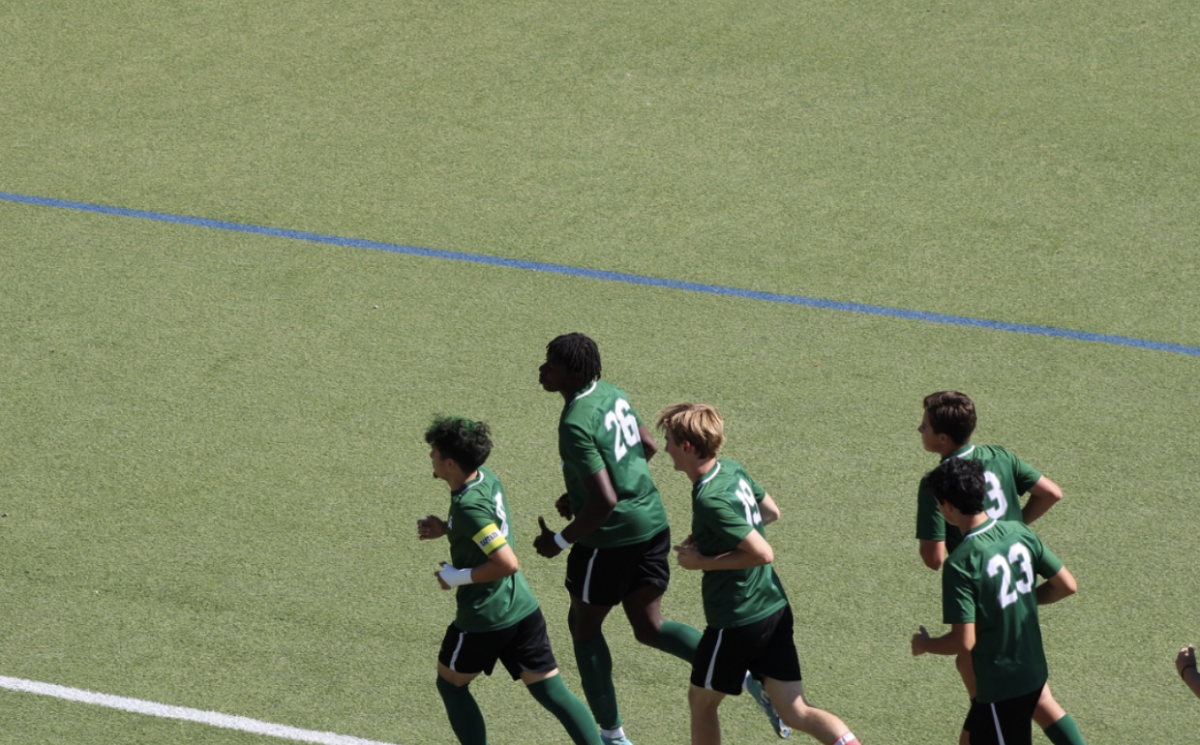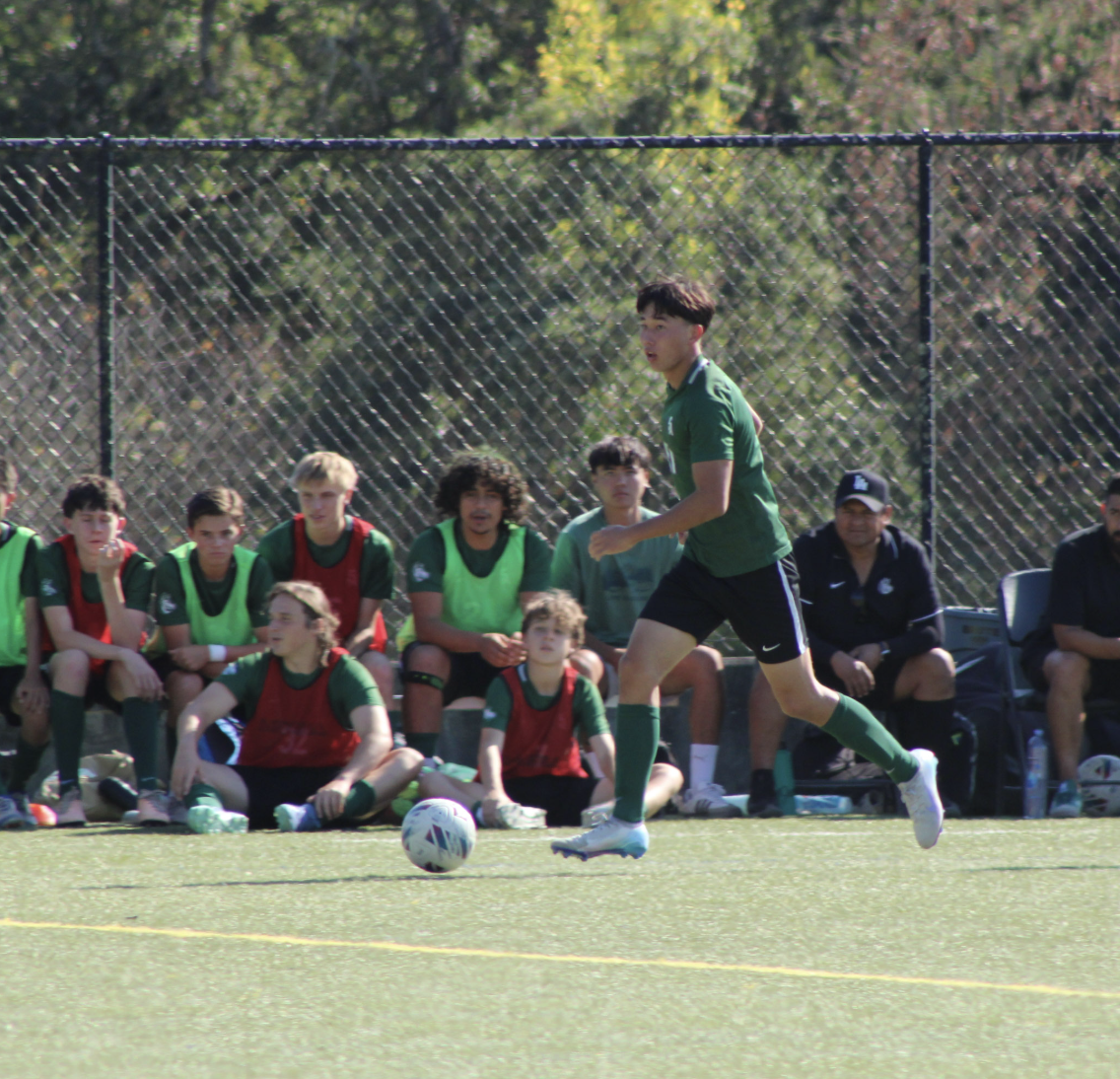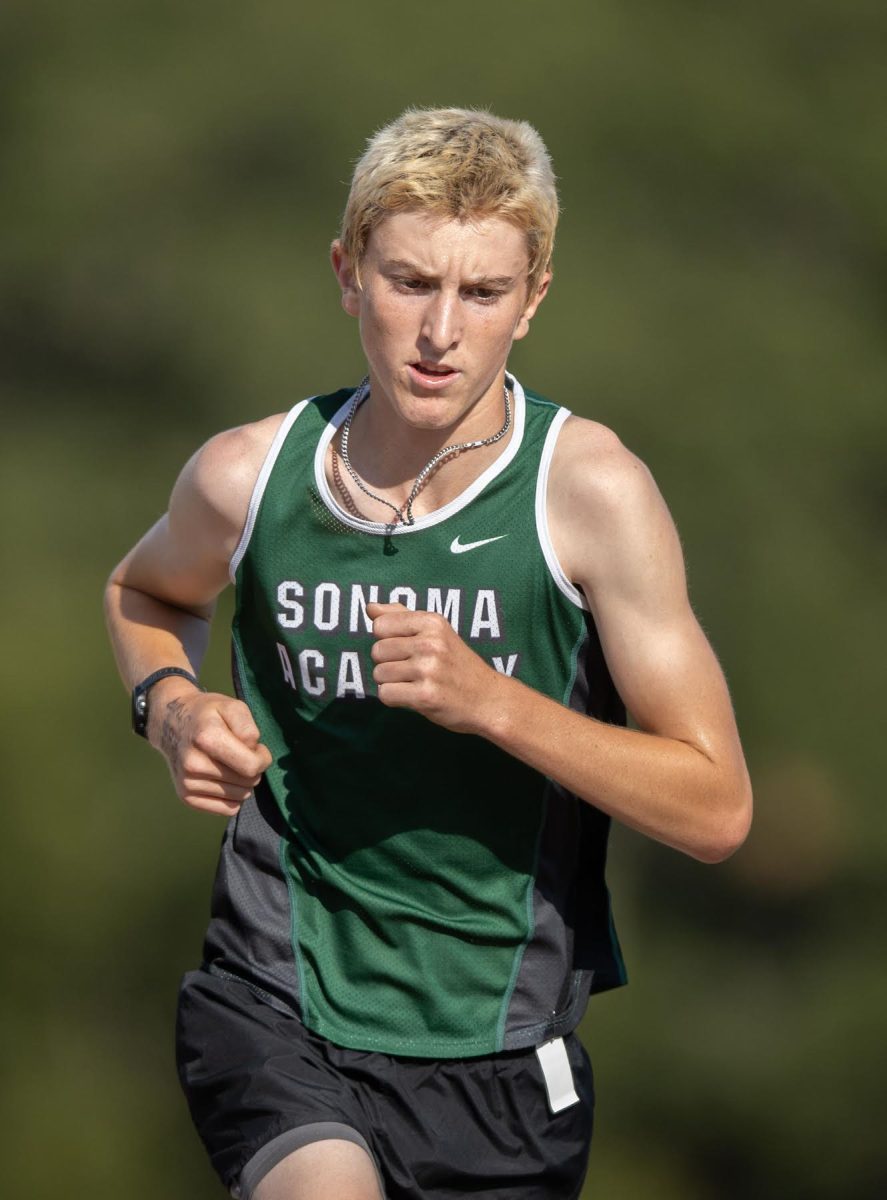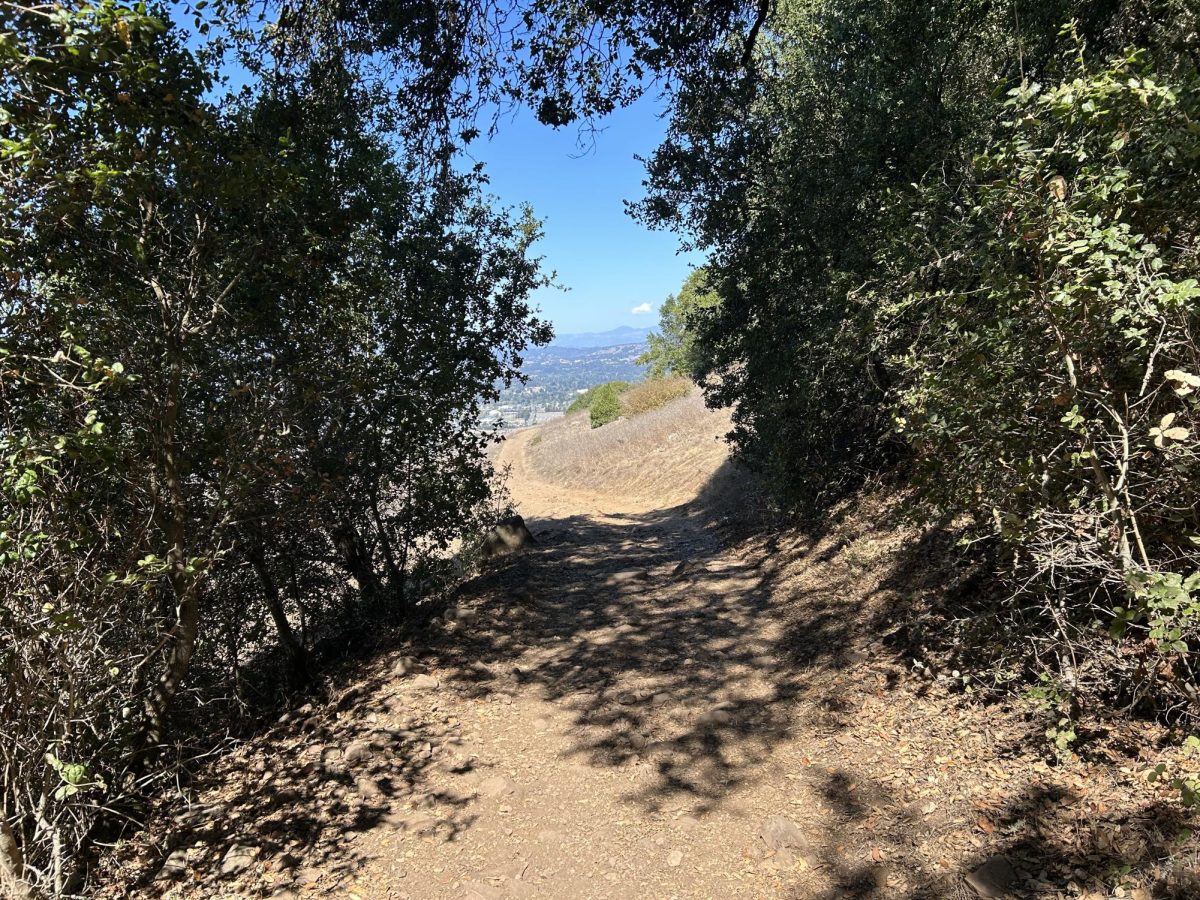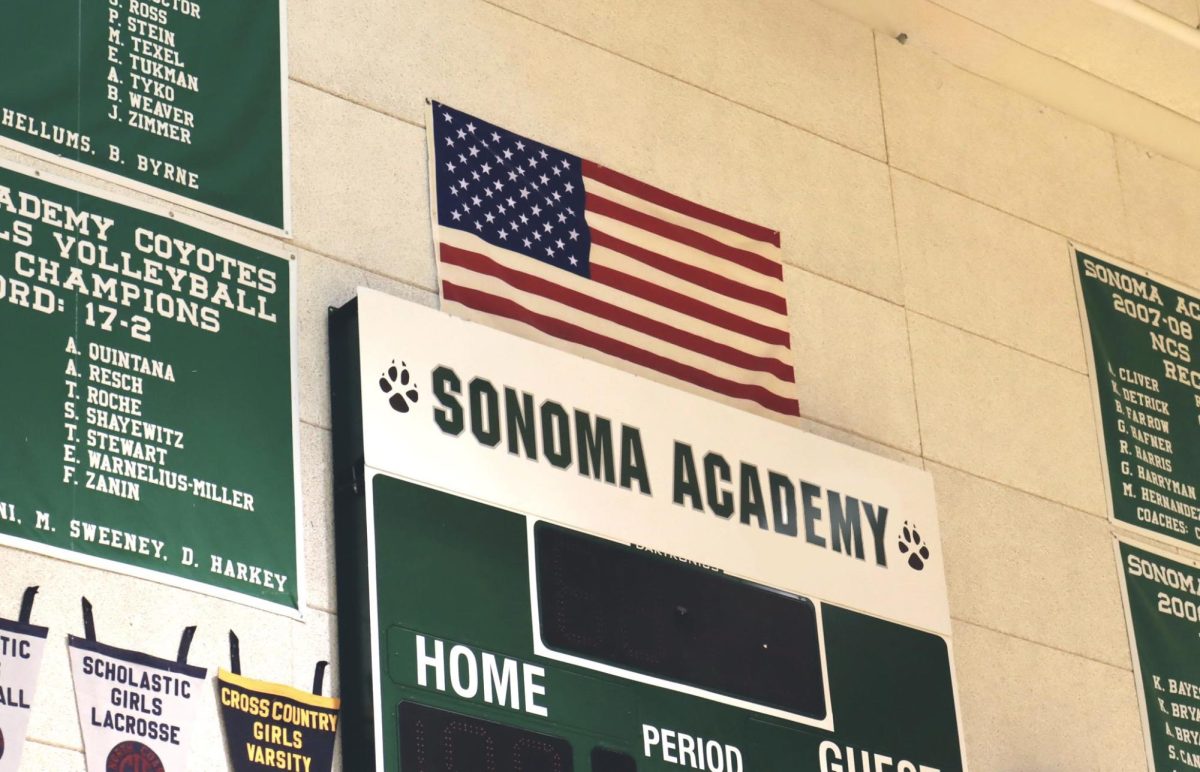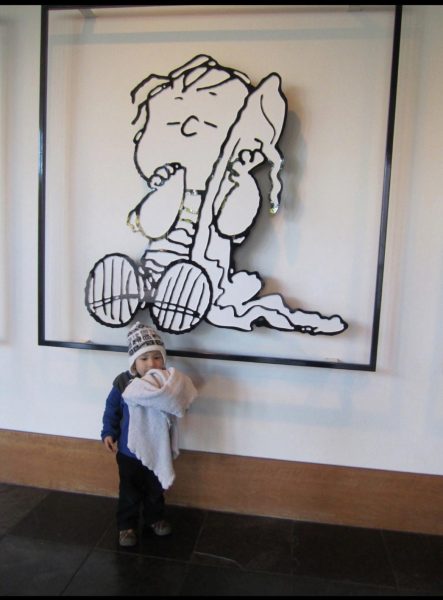One worry that many Sonoma Academy seniors face is how they’ll establish themselves after graduation, whether that’s in their careers, academics or personal lives. As a current SA senior, I was curious to hear how one alum, Vito Molina (‘21), navigated life beyond our campus.
When I talked with Molina, he shared that after his graduation, he enrolled at Claremont McKenna College, a small liberal arts school belonging to the Claremont Colleges Consortium. Like many students beginning college, he began with a clear plan, applying as a civil engineering major to follow in his father’s footsteps. But once classes began, reality wasn’t what Vito was expecting. “I sat in on my first physics class and I was incredibly overwhelmed. I felt lost,” he said.
He told me that moment brought back memories of taking physics with Lisa at Sonoma Academy—a class he remembered as one of the hardest but most rewarding of his high school years. That class reminded him how demanding the subject was and made him realize that engineering wasn’t something he truly wanted to pursue. That moment made him question whether he was following his own interests or simply doing what was expected of him.
Eventually, he realized it wasn’t his passion and decided to change direction entirely. After spending his first two years of college undecided, Molina had finally chosen a field he was always interested in. “I decided to pick international relations because that’s what had always interested me. It’s something that I like to read about. I like to watch YouTube videos about it and I like to discuss it with my friends and family.” Alongside International Relations, he decided to double major in Economics, since he felt that it would open more opportunities for him in the future.
Beyond academics, Molina got involved in a variety of extracurriculars that helped him grow both personally and professionally. One of the most impactful experiences for him was joining a pre-professional organization called Source Nonprofit Consulting, which works with nonprofits across California. They focus on creating personalized client partnerships between nonprofit leaders and student consultants, aiming to infuse momentum and stability into the nonprofit community. “It’s a great way to not only get your foot in the door in the professional world, but also just test it out to see whether or not it’s something that you wanna try out, or whether it’s something that you are passionate about. It’s a good way to just start getting experience on your resume,” Molina shared.
That experience sparked an interest in nonprofit work, which eventually led him to an internship at Make-A-Wish Greater Bay Area his sophomore year at CMC. He then interned at JP Morgan and was offered a job there when he graduated from CMC. He now works as a commercial investment banking analyst in San Francisco.
Listening to Molina’s story filled me with hope at a time when the future feels so uncertain. I felt motivated to take control of my own path, and to trust that even if plans change, I can still find direction by following what truly inspires me.
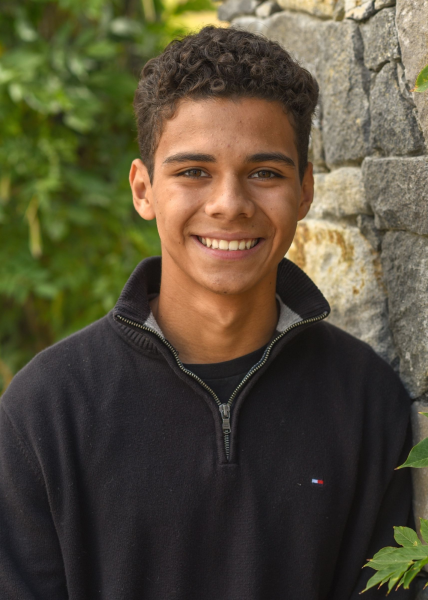
Molina reflected that one of the most valuable parts of his Sonoma Academy experience wasn’t just the academics, but the environment itself. The sense of safety and openness that allowed the students to take risks and grow.
“My favorite part about the SA community was how open, inclusive, and safe it felt,” Molina said. “SA did a really good job of building psychological safety amongst the students. I also felt very safe with my teachers, which gave me the space to learn how to speak with people, how to take risks, how to calculate risks, and essentially how to put myself out there despite the fear of something going wrong.” As Molina explained the impact the Sonoma Academy community had on him, I could see that it resonated with him beyond just the classroom.
“Ultimately, taking that risk is always the best thing you can do, because the worst thing someone can say is no,” he told me. Every risk that I’ve taken, every job I’ve gotten, has come from putting myself out there. And I don’t think I would’ve gotten as comfortable with that if I hadn’t gone to SA.”
Hearing him reflect on this made me think about how those everyday classroom moments such as raising your hand even when it’s hard, asking a tough question, and stepping outside your comfort zone can prepare you for the future. The community at SA helped build his strengths of self awareness and confidence.
Curious to know more about who shaped that mindset, I asked him if there were a particular teacher or class that influenced his direction after high school. “Gosh, I don’t even know what to say, dude—everything,” Molina said with a laugh.
He went on to explain that every teacher at SA had pushed him in some way, but one experience with Eric Moes stood out the most. “There was a particular moment I shared with Eric Moes when I was taking Visual Fabrication and Thinking,” Molina told me. “We had made these cardboard animals and had to create a website for them. Honestly, I wasn’t taking it very seriously, I kind of thought I could get away with it. But Eric called me in after class and asked me straight up if I was really putting in as much effort as I could. He told me he knew what I was capable of, and that stuck with me.”
That moment, Molina said, continues to guide him today in many ways. Whenever he catches himself holding back whether it’s at work, with friends, family, relationships or life in general, he remembers that conversation. “It just pushes me to do everything with a hundred percent,” he said. “There’s everything in moderation except for your effort. You should always give your all.”
I was also curious about the broader culture at Sonoma Academy back in the day, more specifically, the sense of community and collaboration that so many alumni mention when they look back. So I asked him how SA’s culture shaped the way he sees leadership and teamwork today.
“I would say something that really defined the way I look at life and my own mission and vision—I did not realize how impactful it was at the time, but in retrospect, I attest pretty much all of my professional motivation to this,” Molina said. “It was a connection we had, like Wednesday after a community meeting.”
He went on to describe a program SA no longer offers that used to give the chance to slow down and focus on service and community. Molina explained that each Wednesday students rotated through different activities, many focused on service whether it was volunteering at Kawana Springs Elementary School or cleaning up trash around the community.
“At the time I didn’t realize how meaningful that was,” he reflected. “But I would come home feeling fulfilled like I was positively impacting others. When I left SA and didn’t have that constant community service, I felt empty. That’s what motivated me to start working with nonprofits, to join source, and to intern at Make-A-Wish.”
That school experience completely reshaped his way of thinking of leadership. “Leadership is about giving back,” Molina told me. “A leader isn’t someone who expects to be served, a leader is someone who serves.”
I was inspired by all that wisdom Molina had shared with me and I wanted to wrap up the interview with a final question that I was eager to hear his answer to: If you could go back and give your high school self one piece of advice, what would it be?
“I would say the most important thing to do and most important thing to remember is that just as it is important to take care of those in your community, give back to your community, and build relationships in your community, it’s just as important to purposefully and with intention reach out to those outside of your community and seek those who have different opinions from you,” Molina said.
He explained that real growth happens when we step outside our comfort zones and listen to others, not just those who agree with us, but those who challenge our perspective.
“All of us who attended SA are lifelong learners,” he said. “Once you’re outside the classroom, the best way to keep learning is by having conversations with people who differ from you. If you do it with love, you’ll both learn and grow.”
Vito told me that some of his closest friendships today began with people who saw the world differently than he did. For him, the small acts like offering help, starting a conversation, putting yourself out there, are what truly build character.
As our conversation came to a close, I couldn’t help but think how full circle his story felt. From questioning his path in a college physics class to working in investment banking while staying grounded in the values he learned at SA, Molina’s journey is a reminder that real growth isn’t about having everything figured out. It’s about keeping that curiosity that fuels us all, learning how to take risks in a healthy way, and never losing sight of the community that helped shape you for who you are.
